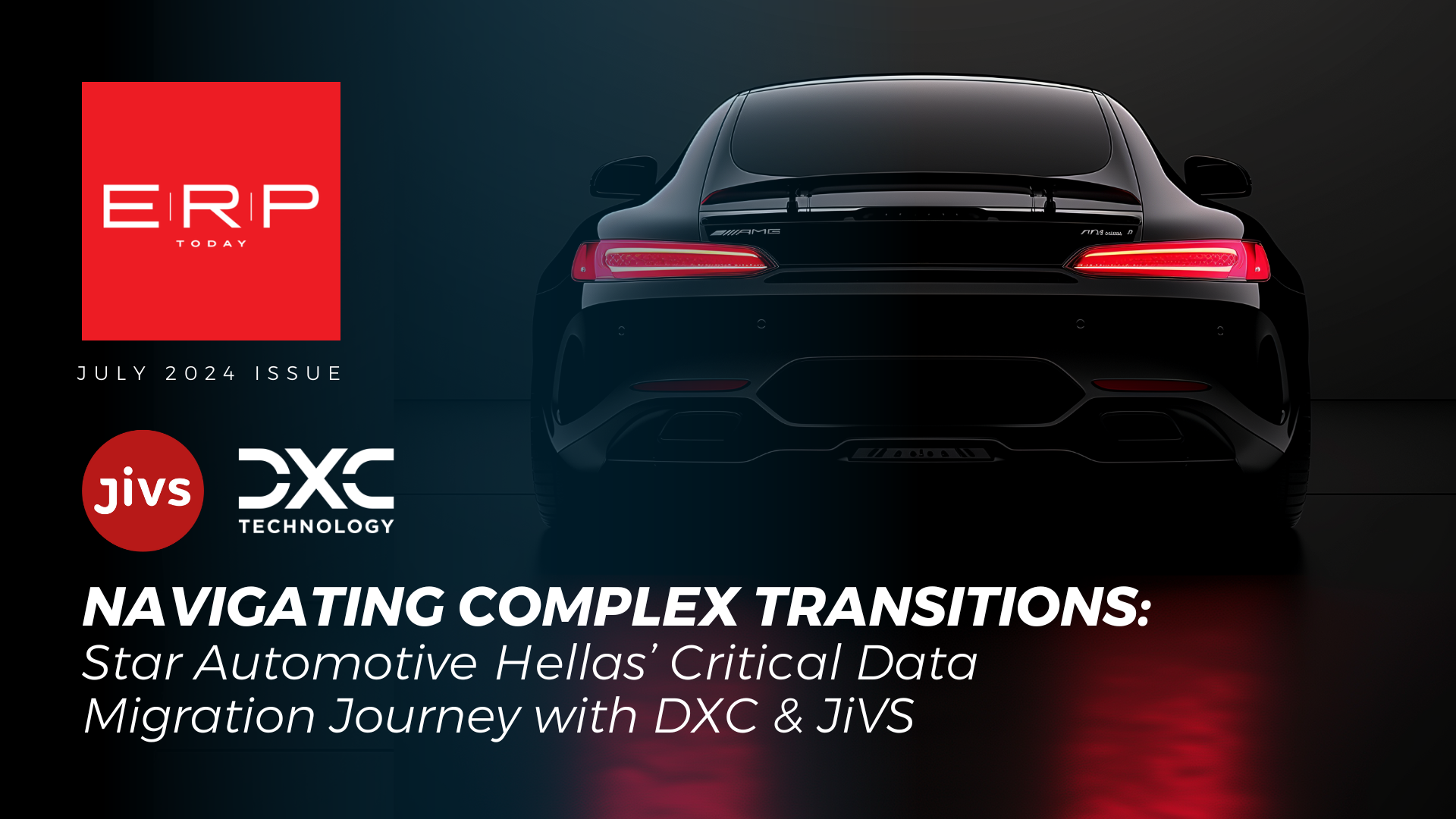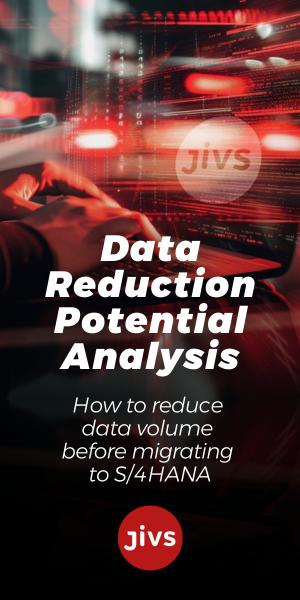The team had the task of extracting the necessary data in a human-readable format and finding a suitable method to retain and archive the information needed.
Before becoming Star Automotive Hellas, the Greek firm providing maintenance, repair, bodywork and painting services for commercial vehicles was owned by Mercedes Benz Hellas, until its acquisition by Swiss group Emil Frey in February 2023.
During the integration project as part of the change in ownership, the company identified its need to establish a transition service agreement for specific applications, one of which SAP, as the local tax authorities required some data to be retained for ten years for business and tax audit purposes. However, Mercedes Benz as the seller could not agree for the firm to retain full access to the system for the lengthy time period.
Poised with this challenge, the team had the task of extracting the necessary data in a human-readable format and finding a suitable method to retain and archive the information needed.
“So we were seeking a solution that by design can archive data from SAP and also can provide to our end users the look and feel of SAP, so that they can easily interact with the interface of the application and search the data, export it and provide the information in the same format they were used to,” Efstathios Skaris, Head of IT, Mercedes Greek & Star Automotive Hellas, tells ERP Today.
This was a high-level requirement stemming from the business unit and the accounting department, as the company also had to extract information about several use cases from customer services which prompted it to go on a search for the right technical solution.
The learning curve for the environment was very low, so we quickly got acquainted – Efstathios Skaris, Star Automotive Hellas
They chose the JiVS intelligent end-to-end information management platform for data migration and application retirement which boasts several benefits among 2000 predefined objects (SAP and non-SAP), multiple cloud servers/databases and retention management for GDPR.
“The user-friendliness and the similarity between the JiVS interface and SAP were some of our reasons for selecting the solution,” Efstathios explains, while opening up about some difficulties: “When we actually saw the first reports, we had some minor hiccups in the use of the tool by the end users, because they had to use [a particular] filter criteria.”
However, those pain points were discussed during the project or separately via emails and the issues were successfully addressed and resolved by DXC at the end. “The learning curve for the environment was very low. So we quickly got acquainted and retrieved the data from the environment which met our initial target of having a solution for the end users,” Efstathios says.
The teams kicked off the project at the end of September with the biggest emphasis on the preparation of the infrastructure, which was also delivered on time and on budget. DXC then had to set up the JiVS IMP environment which played the role of the interim environment as they also provided instructions for the SAP team to install the client IMP tool so that they could extract the data. This was tested and confirmed to be successful.
Upon embarking on a journey with it, JiVS usually promises heavily reduced operating costs and lower migration efforts. But in Star Automotive Hellas’ case it wasn’t a matter of added revenue, but instead, eliminating or minimizing the risk of penalty audits and lost functionality in business processes that served the needs of their end customers, providing tax statements, for example.
“So we knew that there was a high risk and it was very time sensitive, so the investment versus the coverage of the risk definitely justified the investment we did,” Efstathios concludes.






